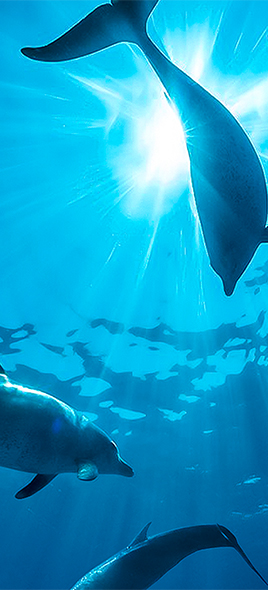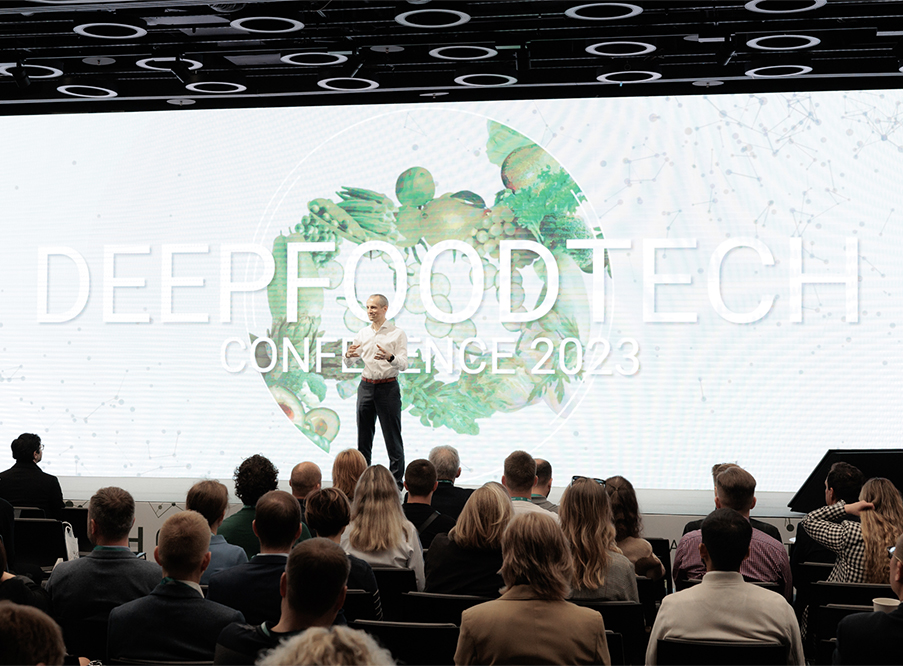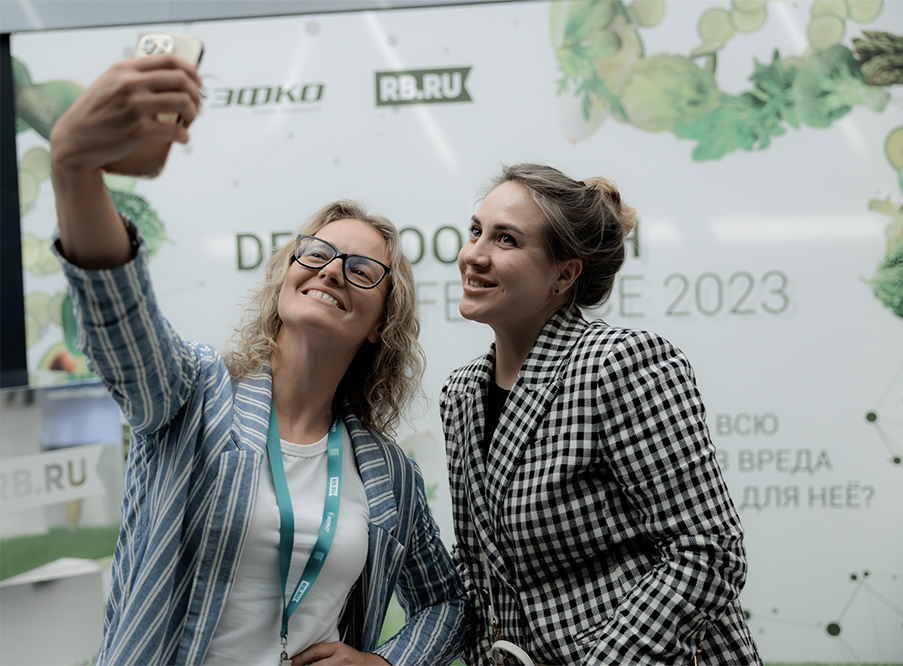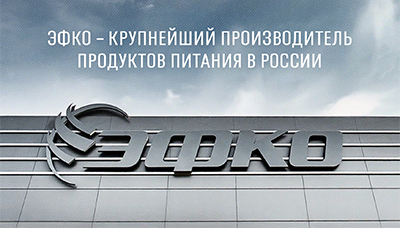Eleven Russian and international experts from Brazil, India, and Africa, 900 registrations and more than 300 guests, a real Alley of future food and business speed dating.
On May 19, EFKO and Rusbase held DeepFoodTech 2023, the second international conference on contemporary technologies changing the global food industry. Today, videos of all the reports have been uploaded to the Rusbase YouTube channel. You are invited to watch them!
According to UN forecasts, there will be 10 billion people on the planet in 2050, and food demand will increase 1.5-fold. How to feed 10 billion people? The first speaker at the conference was Sergey Ivanov, EFKO Executive Director.
The growth of global demand for food, an increase in the impact on nature, an unbalanced diet of urban residents, and the emergence of breakthrough technologies in food will shape the food market in the coming 30 years. Key barriers to meeting the demand for food are limited resources, destruction of biodiversity, and climate change followed by a reduction in available agricultural land.
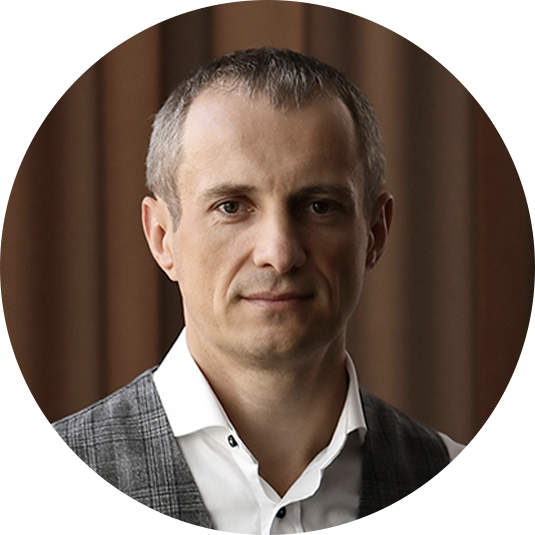
EFKO Executive Director
Our discussion resulted in no consensus, to put it mildly. But it uncovered four different, in many ways even contradictory, views on this issue.
The intermediate conclusion of our study is that it is too dangerous to remain optimistic and ignore obvious challenges. We need a "new green revolution" that will allow us to feed people all over the planet with healthy and affordable food produced in harmony with the environment."
Elizabeth Santin, an independent consultant on R&D and sustainable development, spoke about the current trends and problems of animal husbandry in Brazil.
The production of animal meat has a serious negative impact on the climate, but this challenge can be overcome. Elizabeth suggests giving up antibiotics when raising animals, improving soil quality, and using technology for smart monitoring.
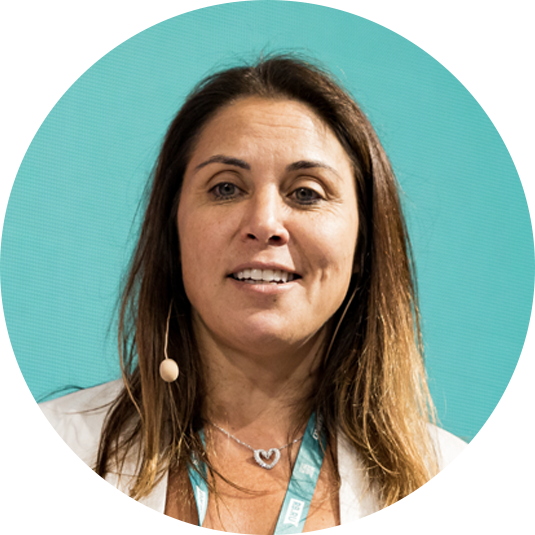
an independent consultant on R&D and sustainable development, co-founder of I See Inside Institute
(Brazil)
We need to reconsider our approach to work to avoid several problems.
How can we stay traditional and at the same time use innovation? We concluded that we need to think about regeneration. We can restore, and we can recycle. We shall remember that we coexist. We can't just turn something off or put out any species. We need to interact and use modern technologies."
Rinaldo Mallyamov, the owner of the RINa el DER nomadic farms project, spoke about the reengineering of pasture ecosystems and how the territories of the Far North can become the food pillar of Russia.
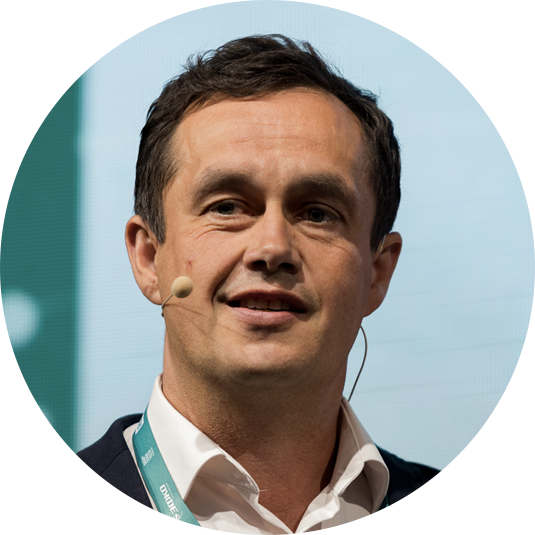
the owner of RINa el DER
Arctic lands are an opportunity for pasture ecosystems. There is enough sun, a stable climate and there is no repeated frosting, which is so dangerous for animals. All the birds of the world come there to nest and raise babies. Arctic grasses grow incredibly fast – up to 50 centimeters per day, and this is the real productivity of pasture ecosystems and wild cereals that exist in this territory.
Our goal is to restore the pasture ecosystem on an area of 100 thousand square kilometers and make the territory of the Far North a food pillar of Russia."
One of the key news of DeepFoodTech 2023 is the outcome of a joint two–year study by EFKO together with M.V. Lomonosov Moscow State University related to cellular nutrition, which inspired the company to create a new business direction not typical for the food industry – the production of biologically active additives to maintain human youth at the cellular level.
The first stage resulted in the creation of a system of high-performance screening of autophagy activators based on cell cultures. Currently, the search for cell self-renewal activators is underway in several directions. Pyotr Sergiev, a Corresponding Member of the Russian Academy of Sciences, Dr. in Chemistry, and Director of A.N. Belozersky Research Institute of Physic-Chemical Biology MSU and Institute of Functional Genomics MSU, reported on logic and perspectives of cellular nutrition.













